Medical SEO Experts in Melbourne
Medical SEO Agency: Get Targeted Search Traffic
We’ve helped dozens of medical professionals attract and retain their ideal patients with medical SEO.
- Reach Patients Seeking Your Medical Services
- Discover Why Countless Medical Practices Prefer Us
- Optimise Organic Traffic to Maximise Your Medical Practice’s ROI
Attract patients online With Medical SEO
Reach potential patients instantly
Capture the attention of prospective patients with strategically placed keywords. We make sure your medical practice stands out in search results and attracts patients looking for what you offer.
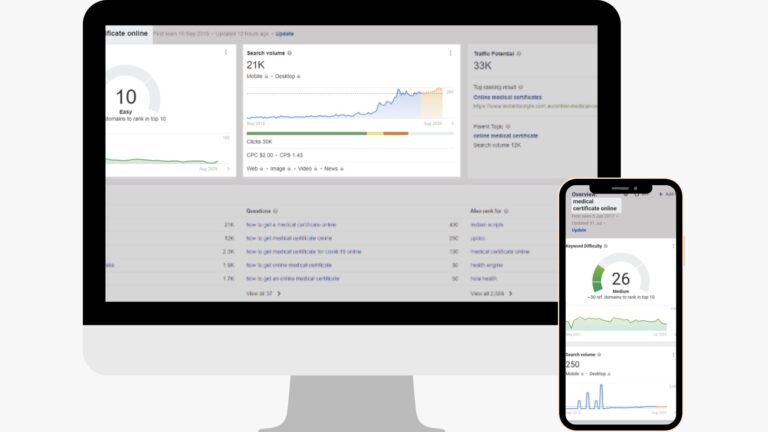
Perfect your on-page details
We fine-tune your titles, descriptions, and backlinks to ensure every element of your website is working harder to bring you more patients.

Capture local patients
Our local search optimisation focuses on connecting you with patients in your immediate area. When someone needs medical assistance, your practice becomes the top local option they find.
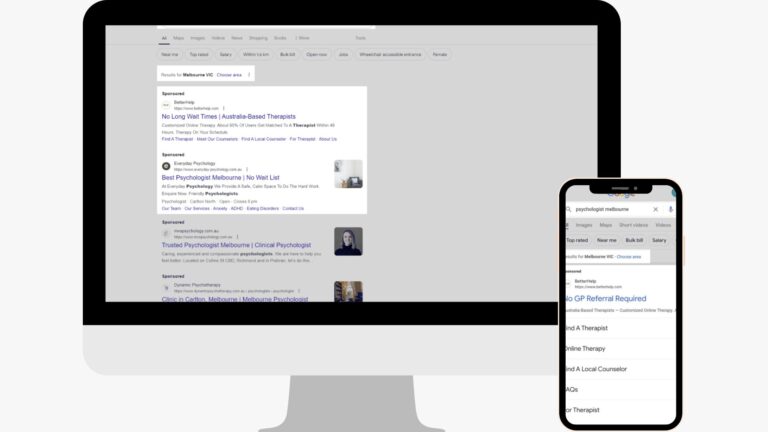
Healthcare content that connects
We develop content that educates, engages, and encourages appointments. Our content marketing strategies provide your patients with the reliable medical information they seek and position your practice as a trusted healthcare authority.
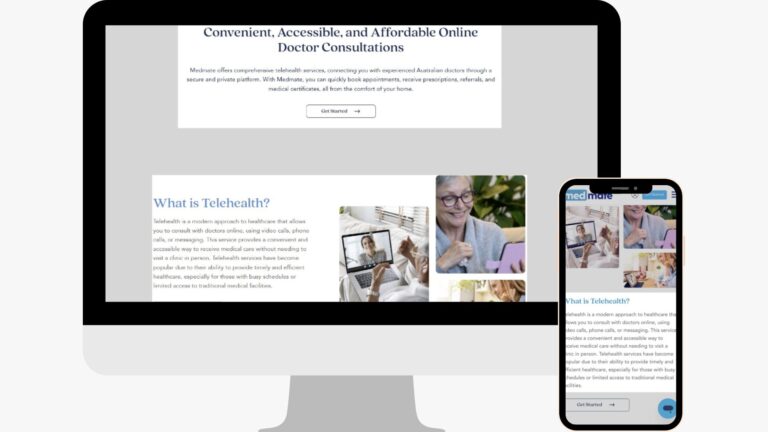
Keep track of your medical practice’s online health
With our comprehensive performance analytics, your healthcare practice can make informed decisions that boost patient engagement and optimise resource allocation. Understand the effectiveness of each campaign and adapt strategies to maximise your online presence.
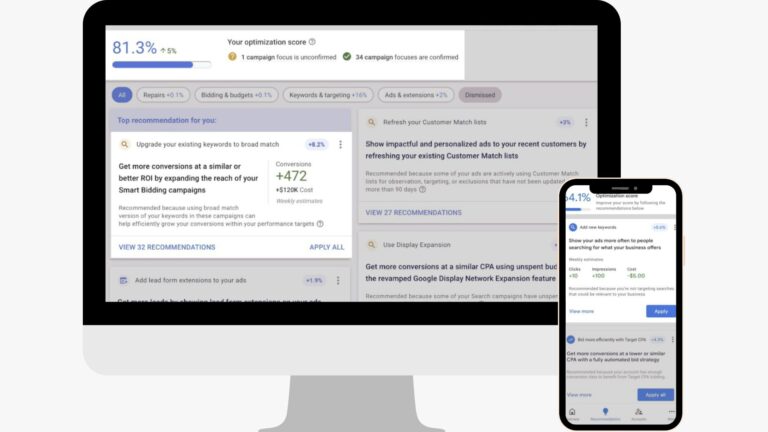
Medmate
Lead Generation for Telehealth Services
The Challenge: Medmate wanted to be known as a top-tier provider of remote health services all over Australia.
The Strategy: We devised a robust medical SEO plan focusing on carefully curated keywords and local ad campaigns designed to attract and convert leads at the best possible cost. Our approach transformed Medmate into the go-to online medical consultant within Australia.
- Build a steady inflow of daily qualified organic leads
- Successfully increased awareness of the brand and website
- Reinforced Medmate’s website to be more visible
Keyword Recommendations for Medical Industry
| Location-Based Keywords | Keywords by Treatment | Keywords by Condition |
| Doctor near me | routine checkup | diabetes treatment |
| walk-in clinic [[city]] | immunisations [[city]] | heart health [[city]] |
| healthcare [[city]] | physical exam services | women’s health near me |
| medical clinic near me | health screening [[city]] | pediatric care [[city]] |
| doctors in [[city]] | flu shots near me | allergy testing |
| primary care [[city]] | telehealth services [[city]] | mental health services |
| emergency medical near me | COVID-19 testing [[city]] | weight management [[city]] |
| family clinic [[city]] | blood work labs | senior care services |
Our Most Recent Results
eCommerce
Client | Tracked Sales | R.O.A.S. | Time Span |
|---|---|---|---|
 Women’s Comfort Shoes Brand | 223% | 90% | 24 months |
 Reusable Colouring Books | 303% | 55% | 12 months |
 Gel Nail Stickers | 359% | 61% | 16 months |
 Automotive Products | 781% | 33% | 51 months |
 Women’s Designer Footwear | 292% | 82% | 28 months |
Lead Generation
Client | Tracked Leads | Cost Per Lead | Time Span |
|---|---|---|---|
 Hot Water Installation | 282% | 80% | 31 months |
 Telecommunication Services | 262% | 59% | 22 months |
 Dentists | 102% | 61% | 11 months |
 Online Medical GP | 379% | 33% | 28 months |
 Safety Compliance – Real Estate | 880% | 27% | 21 months |
Our Clients






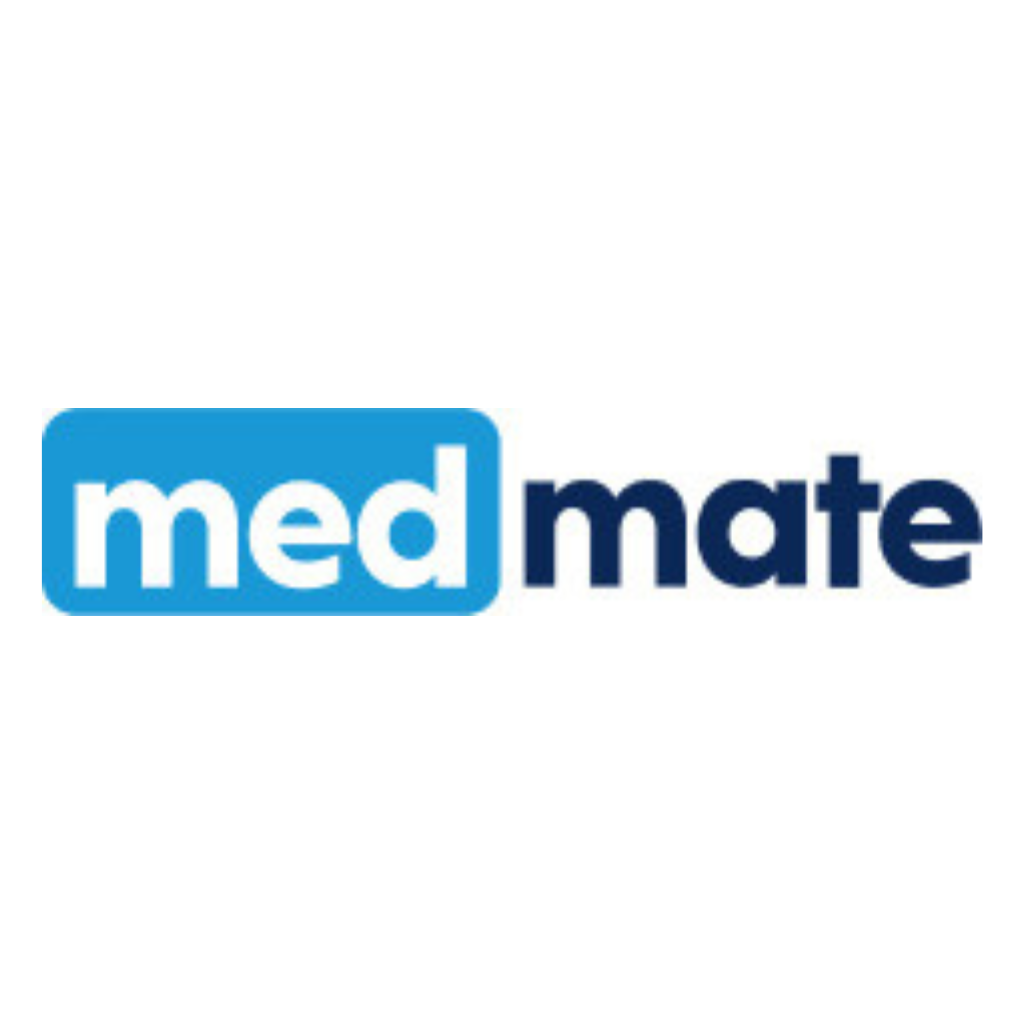

Why do Medical Professionals choose Search Traffic?
For starters, we do things a little differently

Unmatched Quality
We limit our client list to just 50 to ensure each receives the focus and dedication they deserve.

We don't overpromise
We promise only what we can deliver. That’s why we always begin with an audit to understand your needs, then tailor strategies that genuinely align with your business goals.

We'll Speak Your Language
Whether you’re an SEO novice or expert, we communicate on your level.

No lock-in contracts
We want you to stick with us because you love the results, not because a contract demands you to.

Straight talk only
We set clear expectations upfront on how we can address and overcome your business challenges.

Direct Access to Experts
Unlike large agencies, you’ll speak directly to experienced specialists, not junior account managers. That means you get hands-on service without the layers of junior management.

Committed to Growth
Instead of just pushing you up the search rankings, we target keywords that directly benefit your business's bottom line.

Unique Tailored Strategies
Our team spends time studying your value proposition to ensure we tailor all messaging to your target market's desires and needs.
Turn clicks into consultations
Medical SEO strategies that bring patients to your doorstep
As more and more patients turn to the Internet to find their next healthcare provider, climbing search engine rankings is becoming increasingly important. Simply being online isn’t enough. Your presence must be strategic and robust to cut through the noise.
Our medical SEO services are tailored to help your practice stand out when it matters most. We dive deep into the specifics of medical marketing to boost your search rankings effectively. By fine-tuning your website for search engines and potential patients alike, we ensure that your practice is the first option they find. This comprehensive approach not only improves your online visibility but also builds patient trust and ultimately, turns searches into appointments.
Search Traffic Success
-
Proven Strategy for Growth
-
High Quality Competitive Analysis
-
Long-Term, Sustainable Results
-
Direct & Personal Client Relationships
-
High Client Retention Rate
-
Flexibility & Customization
-
Cost-Effective Solutions
-
Rapid Response & Turnaround
-
Search marketing specialists
Freelancers / Fiverr / Upwork
-
Proven Strategy for Growth
-
High Quality Competitive Analysis
-
Long-Term, Sustainable Results
-
Direct & Personal Client Relationships
-
High Client Retention Rate
-
Flexibility & Customization
-
Cost-Effective Solutions
-
Rapid Response & Turnaround
-
Diverse Range Digital Marketing Services
Other Agencies
-
Proven Strategy for Growth
-
High Quality Competitive Analysis
-
Long-Term, Sustainable Results
-
Direct & Personal Client Relationships
-
High Client Retention Rate
-
Flexibility & Customization
-
Cost-Effective Solutions
-
Rapid Response & Turnaround
-
Diverse Range Digital Marketing Services
Why you shouldn't do your own medical SEO

Medical SEO content is hard
Medical SEO success relies on content that's both optimised and medically accurate. This requires a dual expertise in healthcare and digital marketing, a daunting task for DIYers.

Frequent Google updates
Google tweaks their SEO algorithm every quarter. So even if you're ticking all the right boxes, an unexpected update could erase your progress in a blink.

You're wasting precious time
You're already juggling enough as a medical professional running your own practice. Why add the headache of doing your own SEO?

Compliance can be tricky
In the healthcare industry, strict regulations govern how patient information is handled online. Tackling SEO without professional support could lead to complications and legal issues.
Our Expertise
Specialisation
-
We Promote What You Want to Promote We're not just throwing darts in the dark. Our keyword strategy is tailored specifically to the products or services you want to highlight. This approach increases the relevance of your traffic, ensuring every click has the potential to convert.
-
We Are Search Experts Too We believe in embracing both paid and organic. Google Ads get you immediate visibility, while SEO builds a strong, lasting presence. Together, they're a powerhouse combo that covers all bases.
Why Us?
-
We Understand the Medical Industry In the medical field, staying compliant is as important as staying visible. We’re familiar with the ropes around AHPRA guidelines. And with our massive portfolio of medical clients, we’ve demonstrated our ability to maintain compliance and ensure you shine online.
-
We Are Transparent About Our Results We meticulously track the effectiveness of our SEO strategies and deliver our results through tailored monthly reports. Each report reflects the data you care about most, so you have a clear measure of how our strategies are performing.
Ready to boost your medical practice's online presence?
Is your medical practice not getting the visibility it deserves? It’s time to rethink your SEO strategy.
Let’s kick off with a comprehensive SEO audit to assess your needs and outline actionable improvements.
If you’re eager to attract more patients and see genuine growth in your practice, let’s start a conversation today.
Medical SEO is a targeted approach for healthcare professionals. It ensures that when potential patients search online for health services or medical advice, your practice shows up front and centre in the search results.
Medical SEO services include optimising website content, local SEO for physical clinics and practices, and ensuring all medical information provided is accurate and trustworthy. This will enhance your practice's credibility and attractiveness to both search engines and users.
A medical SEO agency helps healthcare providers get noticed online. They optimise your website so it shows up higher in search results, making it easier for potential patients to find you. They do this by improving your site’s structure and content, researching the right keywords, and ensuring your local listings are up to date. Plus, they handle the technical side of things to keep your site speedy and responsive across all devices. They also make sure everything they do complies with healthcare privacy laws.
Medical SEO is a bit more specialised than general SEO because it deals with healthcare, which is highly regulated. For starters, medical SEO must strictly follow privacy laws like AHPRA, something you don’t see as much in other types of SEO. Also, because it’s about health, the information has to be not just accurate but also ethically presented.
There’s also a big focus on local SEO since many people look for doctors and medical services nearby. And beyond just drawing visitors, medical SEO often aims to convert them into actual patients, which can involve adding specific features like online booking.
Medical SEO matters because it significantly enhances a practice's online visibility. By effectively optimising their websites, medical practices can ensure they rank highly in search engine results.
This is especially important for local searches where potential patients are looking for healthcare providers near them. A well-optimised website not only draws more visitors looking for specific medical services but also builds trust and credibility by appearing higher in search results.
In today's competitive healthcare market, a robust SEO strategy can set a practice apart, making it more visible and likely to be chosen over others. Additionally, SEO supports patient education and engagement by prompting the creation of informative content that establishes the practice as a knowledgeable and reliable source. This not only helps in educating patients but also in fostering interaction with them.
Beyond patient education, SEO is also a cost-effective marketing strategy. It offers better ROI than many traditional advertising methods and delivers enduring results that will keep your practice visible in the long term.
The price of medical SEO can really vary. It depends on what you need, where your practice is located, and how much competition there is. Most agencies like Search Traffic will usually offer several pricing models, such as monthly retainers or project-based fees.
Keep in mind, the more competitive your field and location, the higher the investment needed. It’s important to think of SEO as a long-term strategy. It might take a bit of budget upfront, but the boost in your practice’s visibility can really pay off.
The time it takes to see results from medical SEO varies. If your site is already in good shape, you might notice small improvements quickly, like faster load times or a better mobile experience within a few weeks.
Generally, it takes about three to six months to start seeing a real shift in rankings and traffic as SEO strategies like content updates and link building begin to take effect. If you're in a competitive market, achieving significant changes might take up to a year.


